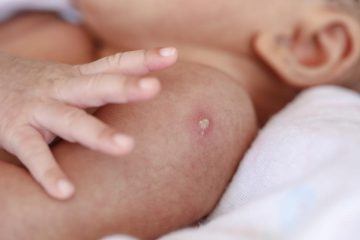Gil Redelman Sidi in Nature Reviews:
 The ongoing coronavirus disease 2019 (COVID-19) pandemic has renewed academic and clinical interest in an old vaccine, Bacillus Calmette–Guérin (BCG). BCG, an attenuated strain of Mycobacterium bovis, was originally developed by Albert Calmette and Camille Guérin at the start of the 20th century as a vaccine against tuberculosis. First used in humans in 1921, BCG is now one of the most widely used vaccines in infants and neonates, in whom its main utility is in the prevention of tuberculous meningitis and disseminated tuberculosis1. Importantly, BCG is also used as adjuvant immunotherapy for patients with non-muscle-invasive bladder cancer2.
The ongoing coronavirus disease 2019 (COVID-19) pandemic has renewed academic and clinical interest in an old vaccine, Bacillus Calmette–Guérin (BCG). BCG, an attenuated strain of Mycobacterium bovis, was originally developed by Albert Calmette and Camille Guérin at the start of the 20th century as a vaccine against tuberculosis. First used in humans in 1921, BCG is now one of the most widely used vaccines in infants and neonates, in whom its main utility is in the prevention of tuberculous meningitis and disseminated tuberculosis1. Importantly, BCG is also used as adjuvant immunotherapy for patients with non-muscle-invasive bladder cancer2.
In addition to its expected effect on prevention of severe disease caused by tuberculosis, BCG vaccination of children has been shown to have a number of heterologous protective effects. Most notably, BCG vaccination of neonates might decrease overall childhood mortality, including mortality unrelated to tuberculosis3, which is mainly driven by a decrease in sepsis and respiratory infections in childhood4.
Several mechanisms by which BCG provides non-specific protection against respiratory infections have been a subject of active investigation. First, molecular similarity between BCG antigens and viral antigens could lead, after BCG vaccination, to a population of memory B and T cells that recognize both BCG and respiratory pathogens. However, this mechanism is unlikely to explain the diverse protection resulting from BCG vaccination. Second, BCG could lead to antigen-independent activation of bystander B and T cells, a mechanism that has been termed heterologous immunity. Finally, BCG could lead to long-term activation and reprogramming of innate immune cells. This last mechanism, which has been the subject of much interest in the past decade, has been called trained immunity5.
More here.
